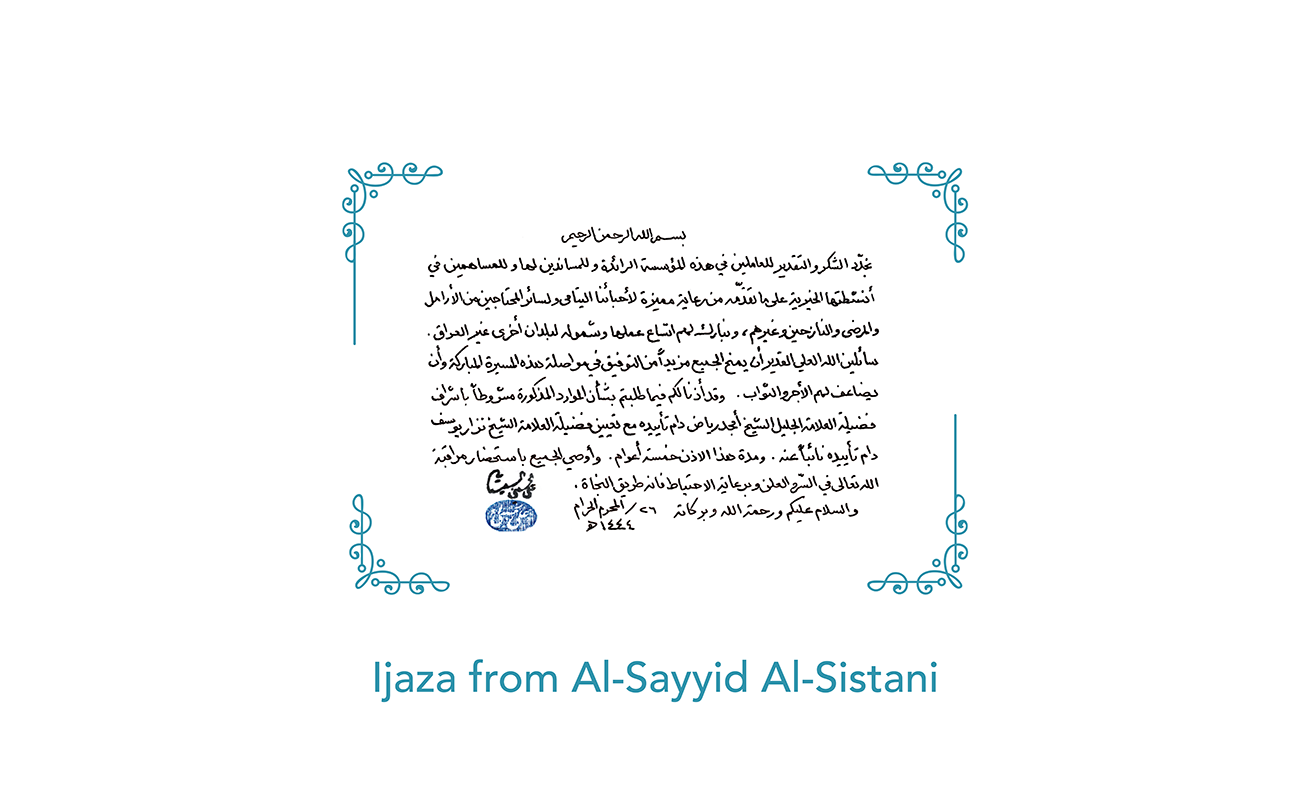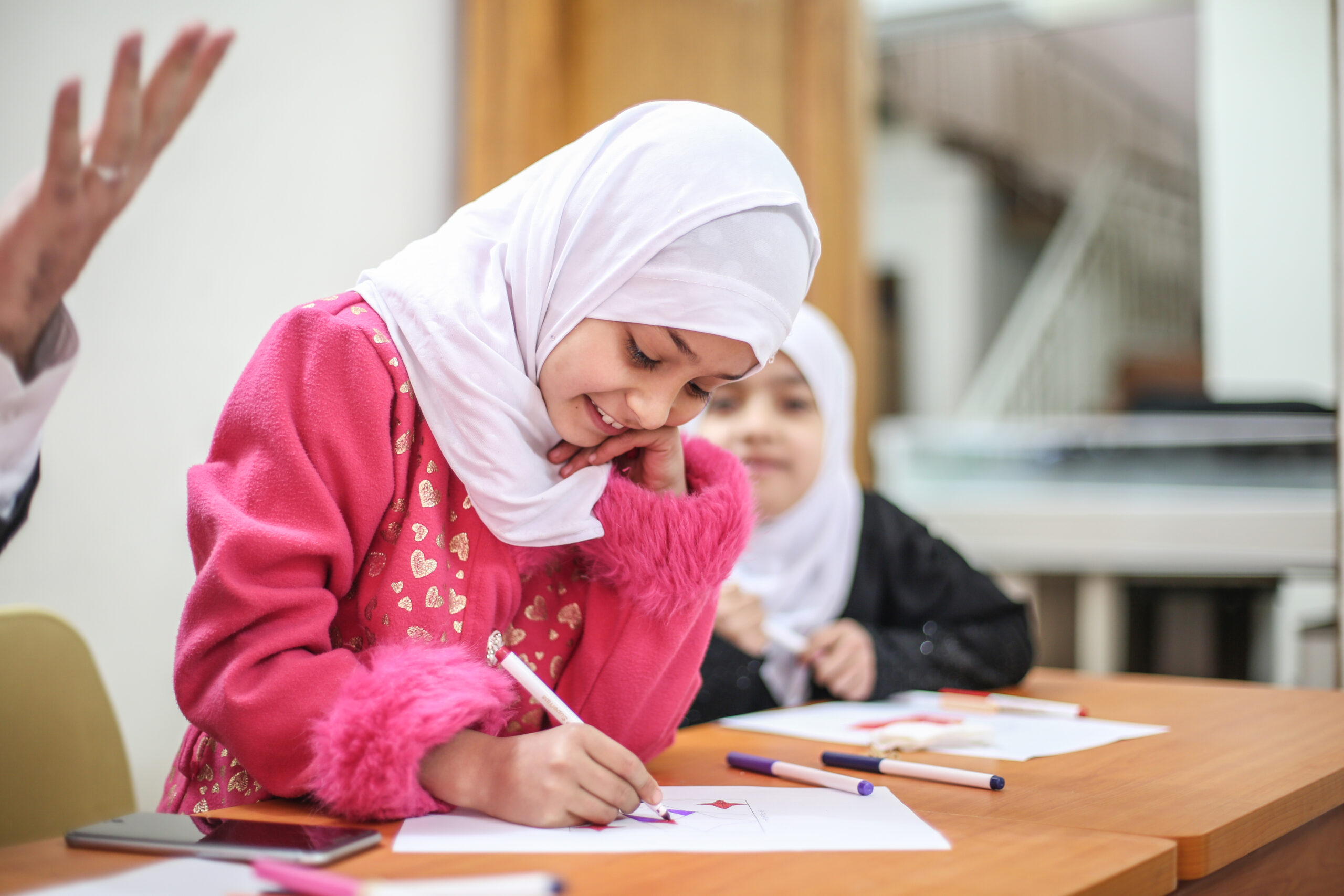Khums donations received by Al-Ayn are utilised to provide essential support to orphaned children, primarily in the form of monthly financial allowances to lift them out of poverty. This applies to both Sahm Al-Imam and Sahm Al-Sada donations*.
If you would like your Khums donation to be spent specifically on one of our Sadaqa Jariya projects, please contact us and we can apply on your behalf for permission for that from the office of Al-Sayyed Ali Al-Sistani.
* Sahm Al-Sada is distributed to orphaned children of Hashimi lineage, defined according to jurisprudential requirements. We have an arrangement with the office of Al-Sayyed Al-Sistani to exchange any excess Sahm Al-Sada donations with Sahm Al-Imam donations to be distributed to other orphaned children.


